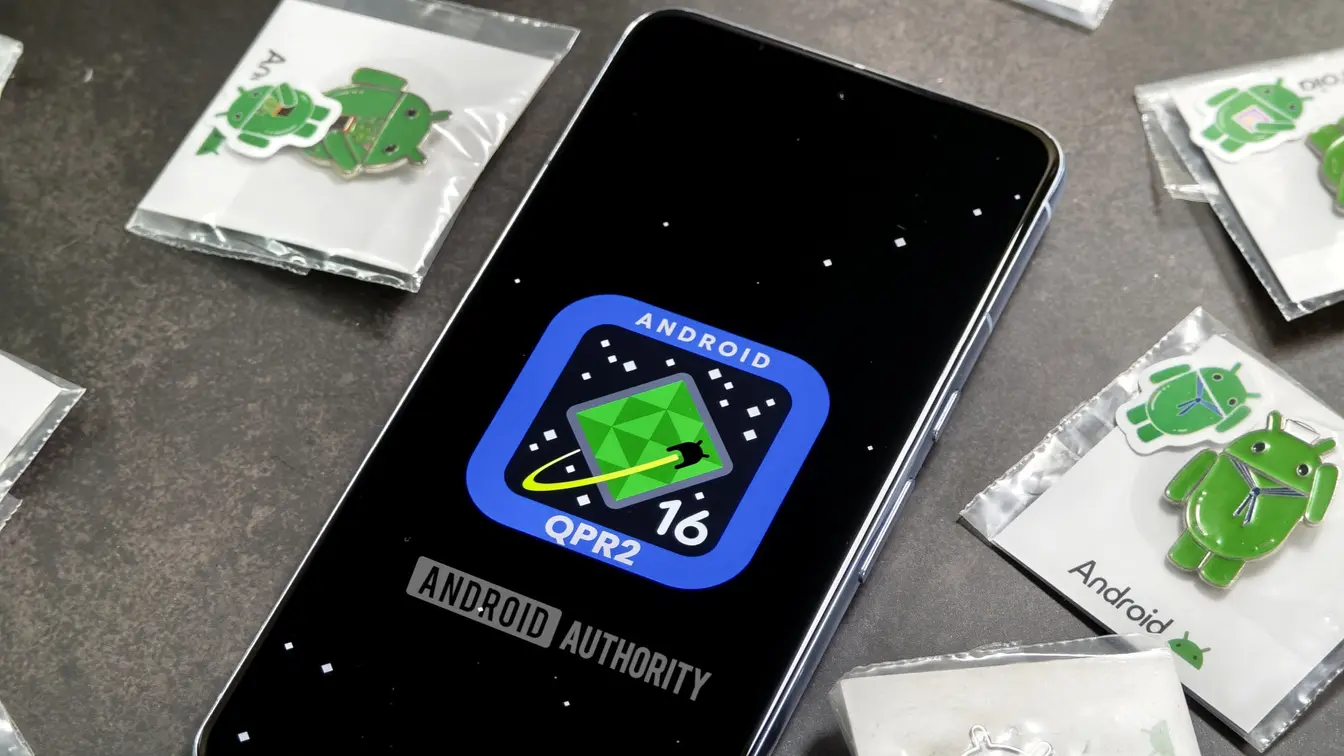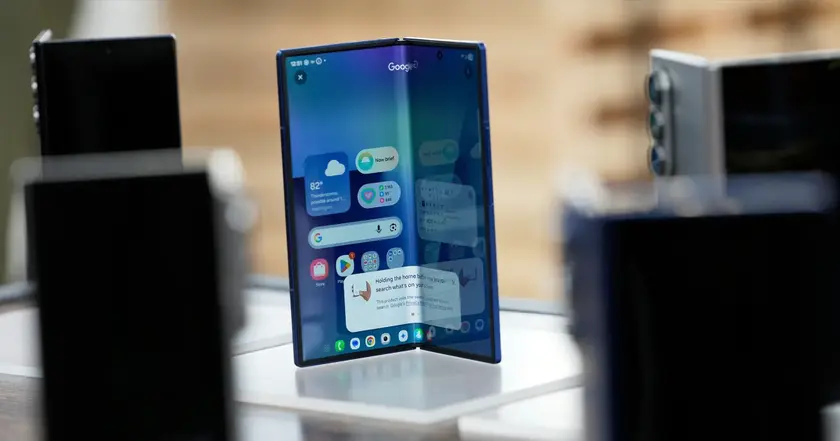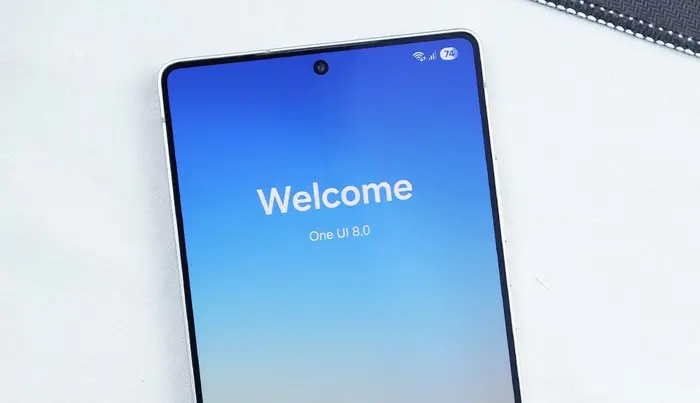T4K3.news
Android 16 QPR2 boosts on device AI controls
The minor update adds app action controls, a local supervision PIN, and upgraded UWB with a target December 2 2025 rollout.

Android 16 QPR2 is set to arrive as a minor update later in 2025 with new on device AI controls, a privacy focused agent management page, and upgraded UWB features.
Android 16 QPR2 boosts AI app control and local supervision
Google is speeding up Android updates by moving to two releases each year, a major and a minor. The major Android 16 landed in June, and Android 16 QPR2 will be the first minor release.
The update is expected to include features tied to App Functions, an API that lets a developer expose key features of an app to the device's default assistant so a voice command can trigger actions in a third party app without opening it. The plan also includes a new privacy related Settings page called agent control of other apps that will let users decide which assistants can perform actions on the device and in other apps.
A new local supervision feature for parental controls is designed to help separated or mixed families. Parents will be able to manage child devices with a PIN on the supervised device, rather than relying solely on a shared Google account password. The new UI also adds time limits, downtime, content filters, and web filtering in Chrome, while keeping Family Link as an option for remote control.
On the hardware side, Android 16 QPR2 is expected to upgrade the UWB stack to FiRa 3.0, enabling better scheduling, faster data transfer, stronger security and new use cases such as transit fare, contactless payments, and access control. Wear OS is likely to receive some of these changes as well. The December 2 2025 target date for the stable release remains possible but could slip as often happens with Android betas.
Key Takeaways
"Local supervision with a PIN changes how parents manage devices"
Highlighting the new PIN based parental controls feature
"The real test is trust between AI and users when apps are controlled"
Editorial insight on AI agent control risk
"This keeps Family Link relevant while expanding on device controls"
Context about relationship to existing parental tools
The move to a two release cycle signals that Google wants to push new capabilities faster and give developers more frequent API updates. It also places a greater emphasis on AI backed app control, which could improve convenience but raises questions about how much power users give to AI agents. The local supervision approach for parental controls offers flexibility for families that do not share a single Google account, but it also introduces new points of risk if PINs are shared beyond trusted adults.
Overall, the changes reflect a trend toward on device intelligence and more granular user controls. The challenge will be keeping the tools simple and transparent so users understand what data is being accessed and when actions are triggered by AI. If Google nails the privacy dashboard and PIN based supervision, these features could become a model for balancing control with automation.
Highlights
- AI agents should serve users not own their devices
- Local supervision with a PIN could redefine family tech sharing
- This update keeps Family Link in view while expanding on device controls
- Trust will decide if on device AI controls become a standard feature
Privacy and security risks around on device AI controls
The planned agent control of other apps and on device data filtering raises questions about privacy, consent, and potential misuse. The PIN based supervision changes how access is granted and could be shared beyond a single parent. Regulators may scrutinize how much control is given to AI agents and how settings are managed.
As features roll out, users will judge whether convenience genuinely respects privacy and safety.
Enjoyed this? Let your friends know!
Related News
Pixel Tablet 2 canceled as Android adds PC like controls
Android expands universal icon theming

Android 16 QPR2 beta 1 released

Best Buy Labor Day Deals Now Live
Pixel 10 review signals value upgrade
Android 16 QPR2 Beta 2 lands on Pixel devices

Samsung gains US market share as foldables gain momentum
Pixel 10 Series Preview
